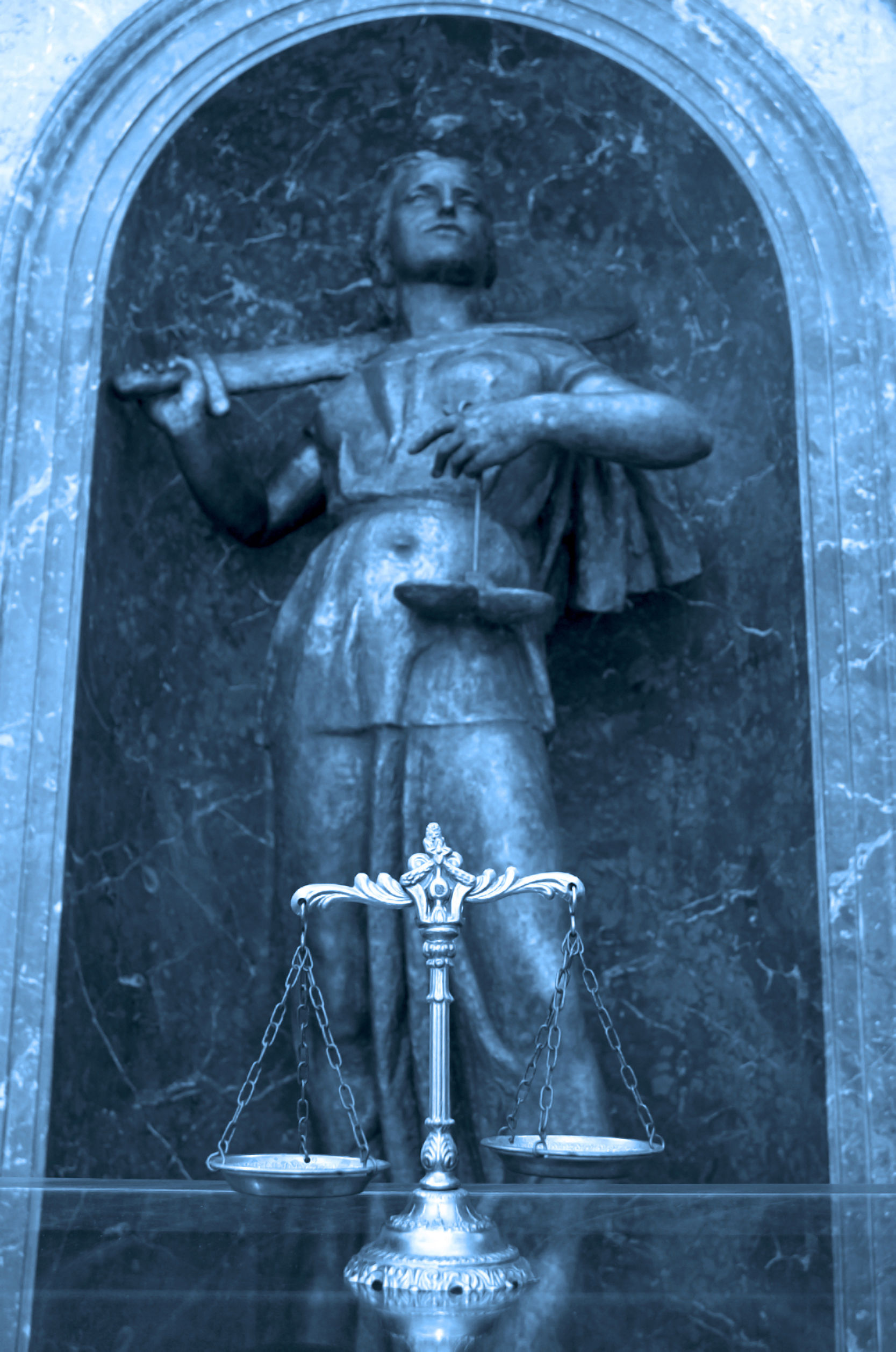“Don’t be such a doubting Thomas.”
As a child I often heard that expression but never really knew its origin and deeper meaning until much later in my life. My grandmother would sometimes say this to me to help boost my confidence in times of self-doubt. She would exclaim, ”Believe in yourself and what you can do. Don’t be such a doubting Thomas.” I am grateful for her love and support. She helped instilled in me a quite confidence and a faith in my ultimate power when I expressed doubts in myself.
In case you’re not familiar of the story of Thomas and his doubts, it is told in the Bible. Thomas was a disciple who at times was rather reluctant follower of Jesus. After witnessing Jesus die, Thomas refused to believe the other disciples who told him of his resurrection. Thomas said he would only believe if he could touch Jesus and put his fingers through the holes in Jesus; body that came from his crucifixion. Later in the story, Jesus finds Thomas in a room after entering through a locked door and had Thomas put his hands into his side and told him to “Stop doubting and believe.” Thomas exclaims “My lord and my God.” Jesus then tells Thomas, “Because you have seen me, you have believed; blessed are those who have not seen and yet have believed.”
“Cause I gotta have faith” –George Michael
Like Thomas I sometimes need to see things in order to believe.
I rationalize this empirical need of mind by stating that I am a man and men are supposed to be logical and less feeling. (The corollary – women are supposed to be more feeling). Further strengthening my logical muscle, I studied and practiced electrical engineering. The stereotype of an engineer is a geeky, almost cyborg like analyzing problem solving machine. Lastly I came of age in the late 1980’s, the era of conspicuous consumption. Status and the pursuit and attainment of wealth were the names of the game. Life was a competition and money the score.
While the logical part of my brain helped me navigate certain challenges of life, it is the intuitive faith based aspects that allow me to thrive. If you know my story, you know I eventually returned home to God not solely relying on my mind. Today I acknowledge the wonderful, dual-nature of our both our minds and bodies. It was not an easy journey for me but one that I hope bysharing with you makes your travels easier.
We need to have faith and believe without seeing. This is one of the many paradoxes we have in this life. Once I let go of my need to know and control everything, life became so much freer. Let Go Let if Flow was born out of that realization of faith. If you would like to learn more about how to regulate Flow in your life, please sign up for my Free Course – Flow 101
Critical Thinking vs. Thinking Critically
The name Thomas is derived from a Greek-word meaning twin.
Our minds are like conjoined twins – both rational and intuitive inhabiting the same space. We are guided by unconscious thoughts and motivations, yet have the ability to exercise free will and create the life
Our reptile brain is designed to keep us safe and to ultimately ensure that our species lives on. As a result of this we have pre-loaded, negative bias in which we place more importance on negative information than positive information.
We are hardwired to make judgments and place more value to negative information.
The first step to making any improvement is to first acknowledge and be aware of the condition.
The practice of meditation is a good way to observe the quality and quantity of your thoughts. Once you realize that you are not your thoughts you can simply observe the nature of them and in the process you nurture a calmness and equanimity.
There goes the judge
As for being judgmental, I found Will Bowen’s A Complaint Free World: How to Stop Complaining and Start Enjoying the Life You Always Wanted and his 21-day challenge to be an effective way to become aware of the nature of your thoughts. Bowen, a former unity minister wrote the book to help his congregation and the book went on to be a phenomenon. Part of the book is to practice going 21-days without complaining. You measure your progress by wearing a purple bracelet on your wrist and each time you complain, the progress resets and you transfer the purple bracelet over to the other wrist. It sounds simple, but the 21-day challenge was and is still difficult for me. Bowen states, “Complaining never attracts what you want; it perpetuates what you do not want.” Adding that the way to prosperity is to be grateful for what we currently have and that we can’t complain and be grateful at the same time.
Thank you! Amen.
